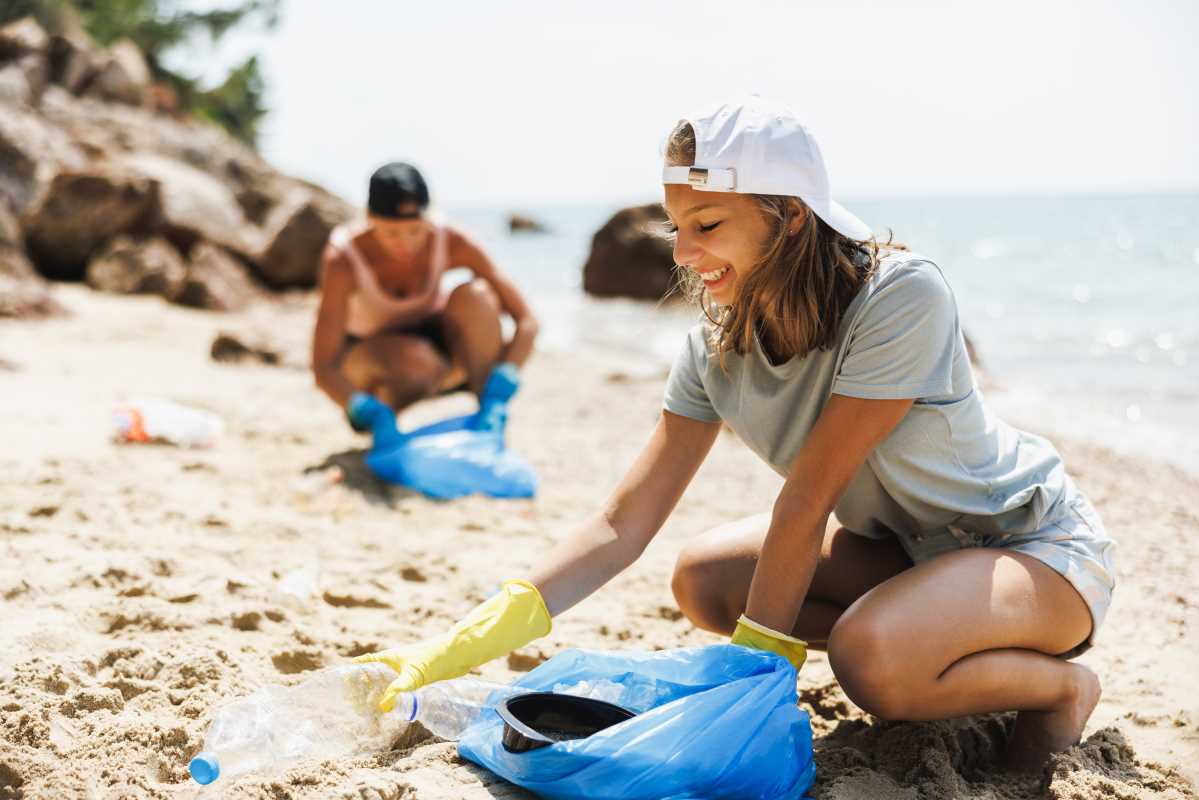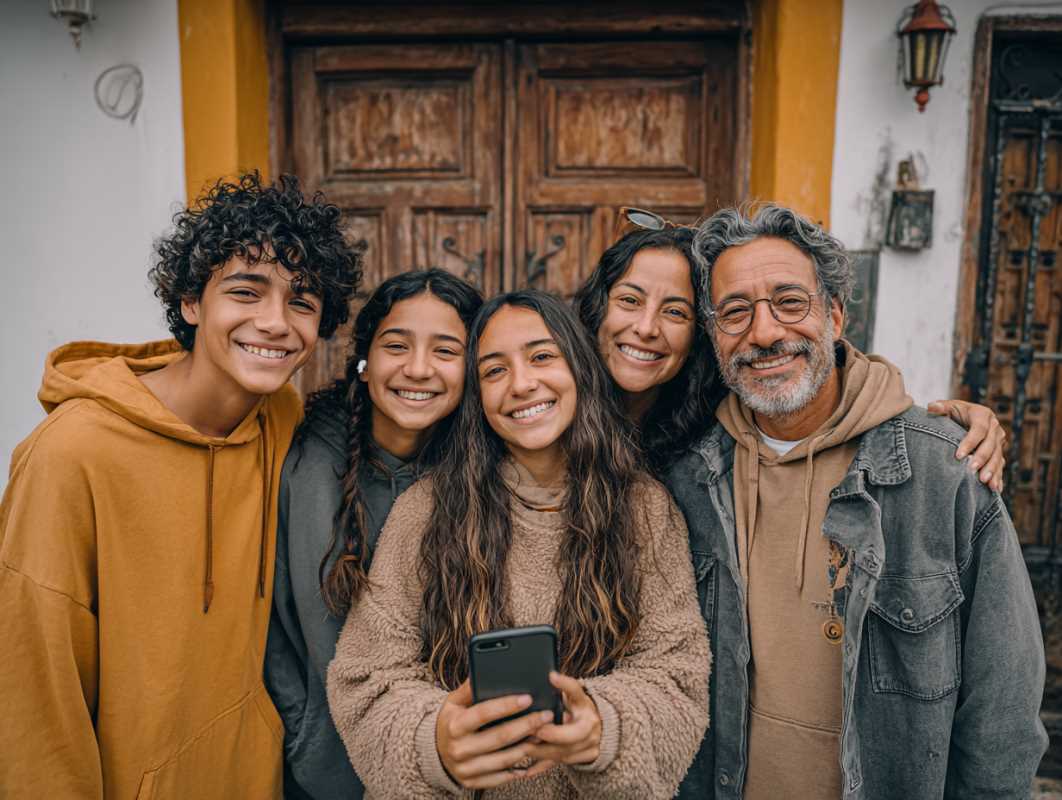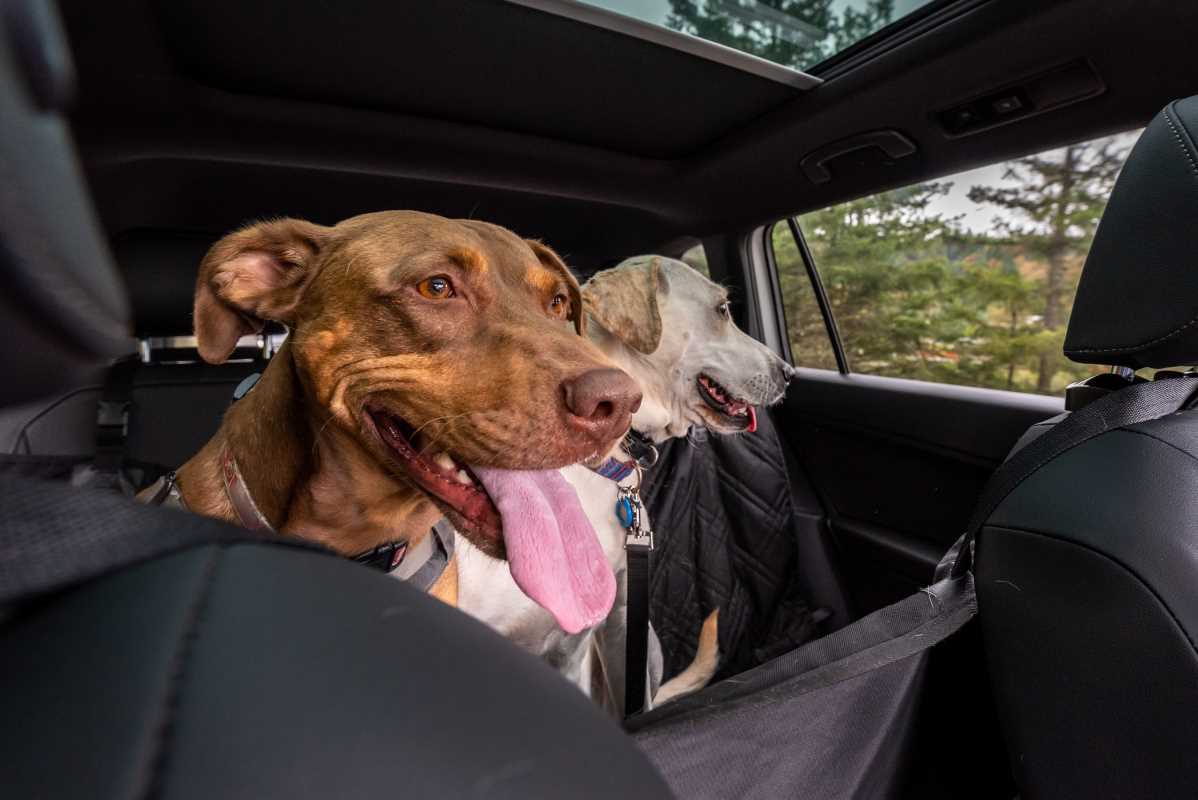Travelers can wander beneath towering trees or stroll along sandy shores, enjoying beautiful moments while ensuring their visit leaves nature undisturbed. Families often discover that exploring together in this thoughtful way turns every outing into an adventure filled with connection and wonder. Children and adults alike find themselves more present, noticing wildlife, listening to the wind, and appreciating the world around them. When each member makes careful decisions about how they interact with the environment, travel naturally takes on a new meaning. Journeys become opportunities to share memories, deepen bonds, and create lasting respect for the places they visit—an experience that feels both rewarding and unforgettable.
New Ideas for Eco-Friendly Getaways
- Select a slower route by taking scenic train lines instead of highways, allowing you to admire countryside views and chat with locals while avoiding the rush of airports and rental car emissions.
- Pack multiuse travel gear that converts from daypack to cooler bag to picnic blanket, creating space in your luggage and reducing waste from single-use items at snack stops.
- Set up playful challenges—like a microplastic hunt on the shoreline—so everyone stays aware of small environmental impacts while turning cleanup into a scavenger hunt.
Practical Steps to Reduce Waste on Adventures
- Reusable Snack Bags: Swap out disposable wrappers to cut landfill contributions. Start by buying four sturdy, washable snack pouches. Wash them in a sink at your accommodation after each use, hang to air-dry overnight, and stash them back in your daypack. These cost around $15 for a set of four and save about twenty plastic bags per trip. Tip: Label each bag with a family member’s initials to prevent swapping sandwiches by mistake.
- Portable Water Filter: Avoid single-use bottles and stay refreshed. Invest in a lightweight filter straw or bottle, refill from taps or streams (where safe), and replace filter cartridges after every 200 gallons. A good filter costs roughly $40 and weighs less than 7 ounces. Tip: Carry an extra cartridge so you can switch on longer outings without backtracking to a store.
- Campsite Waste Station Kit: Create a mini sorting station with collapsible bins for compost, recycling, and trash. Foldable bins cost around $25 each, pack flat, and open into 3-gallon capacity. Use colored bands (green, blue, gray) for each category, then empty into larger bins at park facilities. Tip: Attach carabiners to secure the bins when hanging from tent loops so curious critters can’t tip them over.
- Solar Charger Pack: Power small electronics without grid electricity. Choose a foldable charger rated 10–15 watts and pair it with a 5,000 mAh battery pack for cloudy days. A combo costs about $70 and weighs less than one pound. Charge devices while hiking or relaxing at a picnic spot. Tip: Angle panels toward midday sun and keep them dust-free for maximum efficiency.
- Digital Itinerary Sharing: Skip paper printouts by using a shared calendar app that works offline. Set up event locations, packing lists, and meal plans in advance. Coordinate with all phones, allow offline map downloads, and sync when you have wifi. Free apps exist, or choose a premium one at roughly $20 per year. Tip: Create a custom emoji legend for urgent alerts—like a red flag emoji indicating weather delays—so everyone stays on the same page quickly.
Family-Friendly Equipment for Sustainability
Families can upgrade their gear with collapsible bowls and bamboo cutlery sets that fold or nest inside one another. These tools weigh less than traditional camping dishes and rinse clean in low-water conditions. They also cut down on reliance on paper plates that end up in the trash after one use.
Think about investing in quick-dry, organic cotton towels that fold small and handle damp climates. When washed, they break down more readily than synthetic blends. Choose neutral colors that won’t show stains, and hang them on retractable lines strung between tent poles or tree branches.
Fun Local Activities with an Eco-Friendly Focus
Look for farm-to-table cooking classes where children learn to harvest ingredients and prepare simple meals guided by local experts. This helps you connect with community traditions and eat fresh produce while reducing packaged snack runs.
Join guided night walks with naturalists who point out bioluminescent fungi or nocturnal wildlife. Small groups cause minimal disturbance, and you’ll return home with a genuine appreciation for ecosystems thriving in darkness—an experience that feels magical without any plastic souvenirs.
Simple changes and thoughtful activities can make your trip more enjoyable and environmentally friendly. Your next vacation can delight everyone while preserving the beauty of your destination.
 (Image via
(Image via





